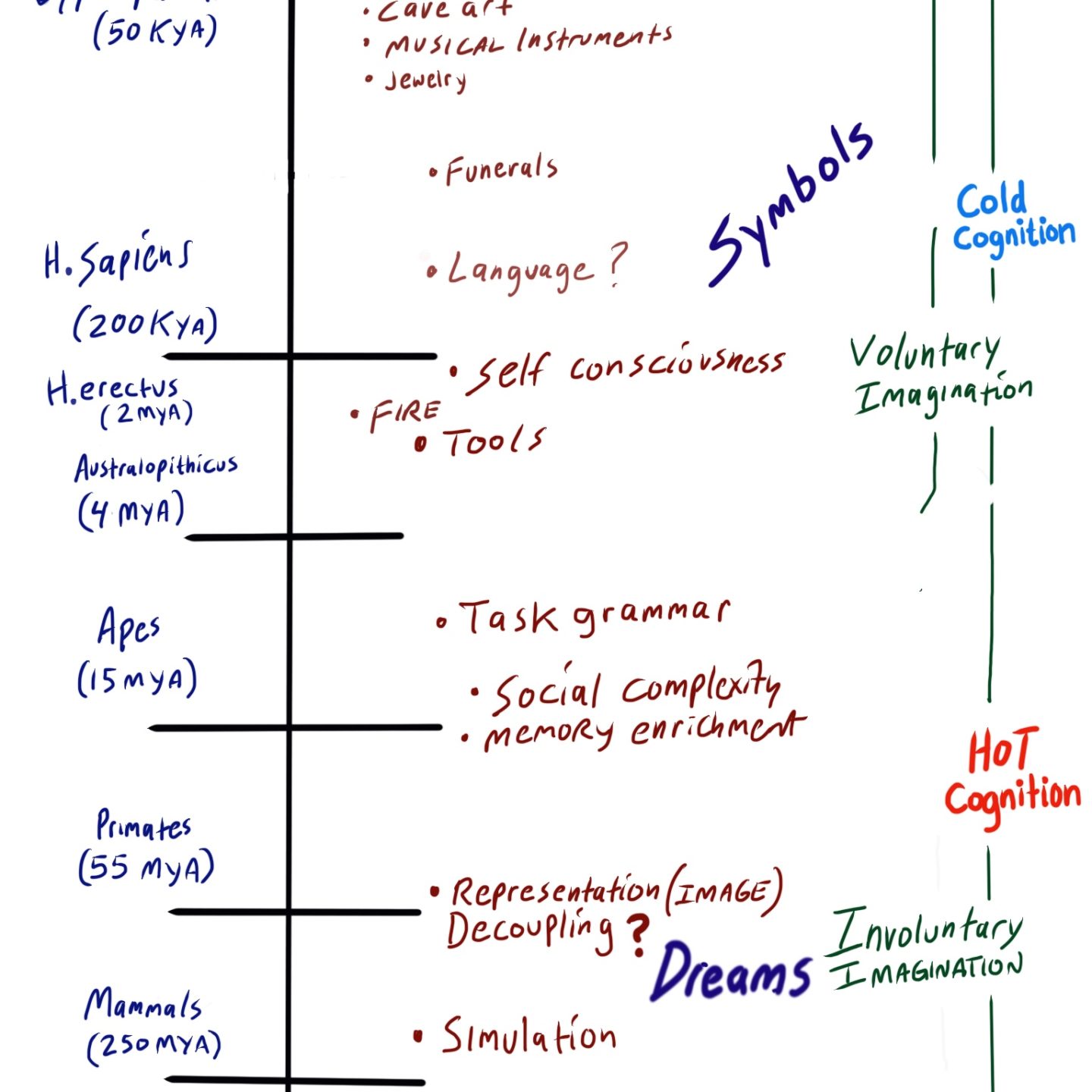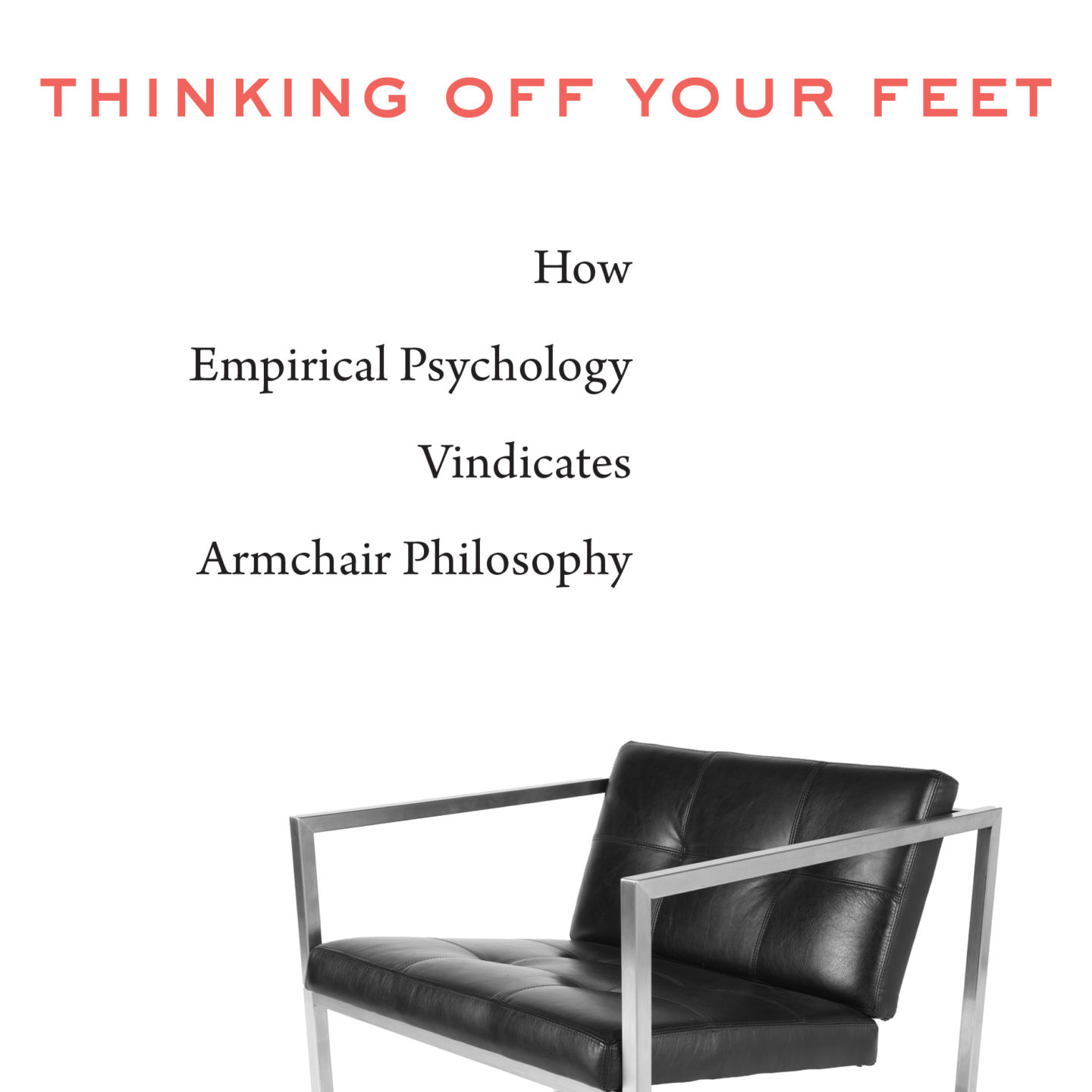Motor Differences Underlying Conceptual Processing in Autism Spectrum Disorder
Embodied (sensorimotor) theories of cognition lead us to expect that subtle differences in motor skills accumulated over a lifetime of experience will impact an individual’s temporal coordination of motor and conceptual information, the automatic interpersonal mimicry of motor behaviors, and the neural representation of objects and events. Given this embodied framework, …






